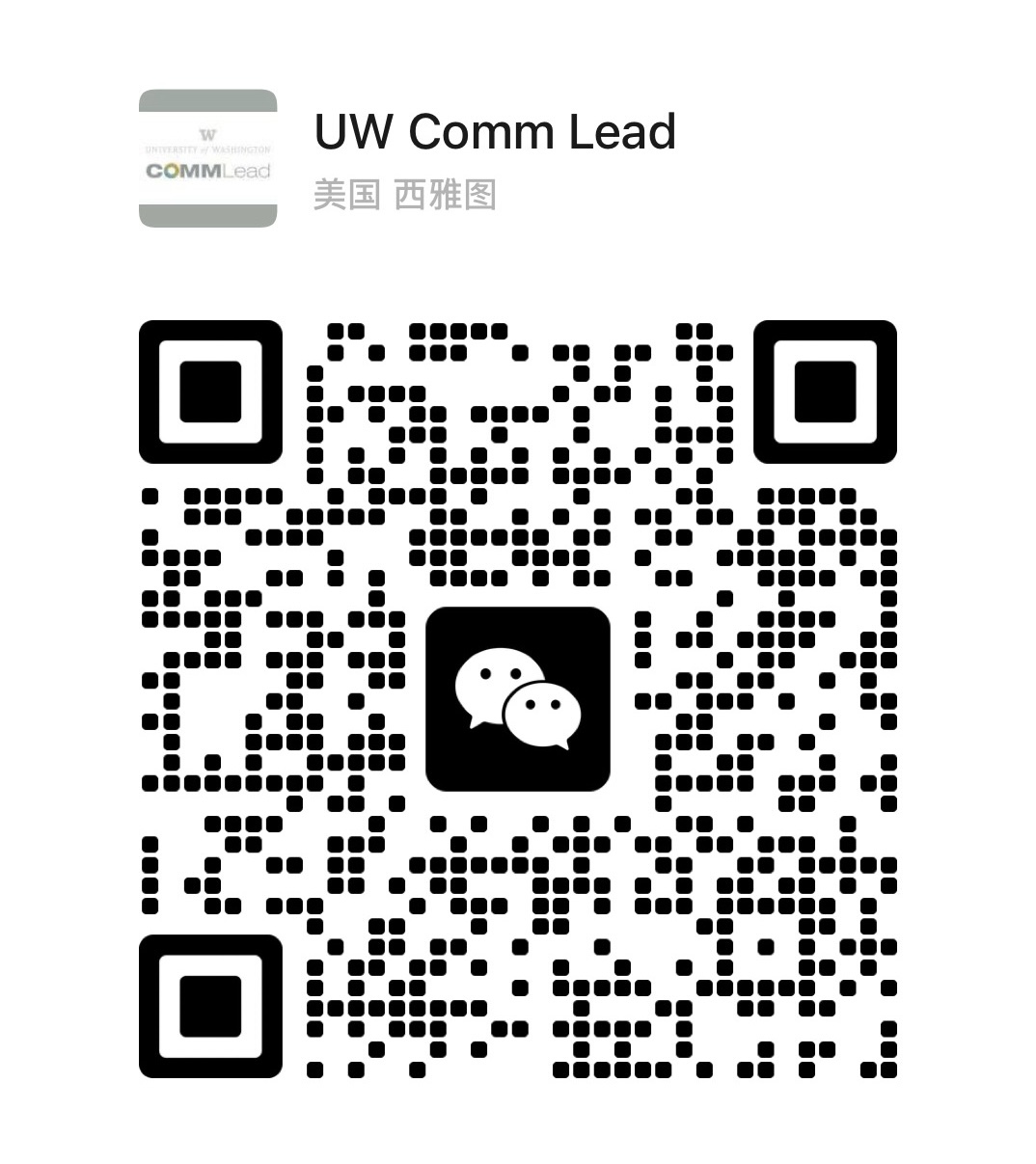The Communities and Networks Degree
The Master of Communication in Communities and Networks is a boutique degree for leaders who want to emphasize building community, growing networks, and strengthening organizational identity.
In small classes with established industry professionals, you’ll learn the collaborative skills to manage change, navigate interpersonal dynamics, and design effective strategies for engaging diverse audiences.
Sample Classes
Some classes you might take in the Communities and Networks degree program include:
- Leadership Approaches to Diversity Initiatives in Organizations
- Innovation Communities
- Communicating Ideas: Strategies and Theories of Communities and Networks
- Brand Matters
- Content Marketing and Strategy for Communities
Career Options
The Communities and Networks degree will equip you with skills valued across communications roles including:
- Community Outreach Coordinator
- Internal Communications Manager
- Diversity, Equity and Inclusion Manager
- Comm & Events Manager
Degree Requirements
To earn a master’s degree, students must complete a minimum of 45 credits. Master of Communication in Communities and Networks requirements include:
Four core requirements totaling 15 credits:
- COMMLD 501: Leadership and Communities (2 credits)
- COMMLD 502: Narratives and Networks (3 credits)
- A Law and Ethics Elective (5 credits)
- A Research Methods Elective (5 credits)
Note: Beginning in Autumn 2024, core class requirements will change to a single 5-credit class, COMMLD 501, offered each Autumn quarter. COMMLD 502 will no longer be required.
Other elective courses totaling 30 credits:
- 10 credits may be taken outside of chosen degree emphasis, including a maximum of 5 credits taken outside of the Communication Leadership program
- Electives may include COMMLD 593 internship (max 15 credits), COMMLD 591 independent research (max 10 credits), or COMMLD 600 research project (5 credits)
- The program has no master’s thesis requirement. If students are interested they can complete a COMMLD 600 Research Project. It is a rare occurrence, and usually most appropriate for students planning to continue on to a PhD program and enter academia as a professor and researcher.
Alumni Testimonials

Britt Hoffmann
Diversity, Equity and Inclusion
Senior Manager
Peloton
“Joining the Comm Lead program was the best decision I made in starting my career. I was young, ambitious, and ready for the challenges to come, but I didn’t have a solid direction. Be prepared to find yourself, question what you know, and make connections that will last well beyond this program.”

Joe Hunich
Communications Specialist
Greater Tacoma Community Foundations
“Prior to enrolling in the Communication Leadership program, all my professional experience was in the education field. [After graduating] I was able to leverage my MCCN skills to land a job where I get to be involved in all kinds of community building work in my own hometown. I learned a lot from the way my colleagues and instructors modeled creativity, leadership, and friendship.”
Compare Degree Options
The Communication Leadership Program offers two other degree options. The Master of Communication in Digital Media emphasizes content creation, adapting to emergent technologies, and proficiency of digital platforms. The Master of Communication in Communication Leadership provides a broad foundation of preparation for those changing career fields or with little experience looking to launch a new career in the communication industries.

 University of Washington
University of Washington